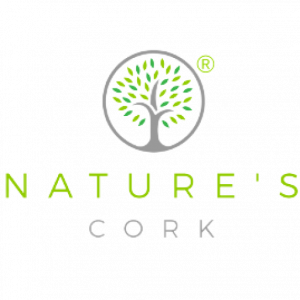Cork has been the preferred material for wine stoppers for centuries, dating back to ancient Greece and Rome. The unique properties of cork, harvested from the bark of the cork oak tree (Quercus suber), make it an ideal sealant for wine bottles. The history of cork stoppers is intertwined with the evolution of wine storage, ensuring the preservation and quality of the wine it protects.
The use of cork for sealing amphorae—large clay containers used for transporting and storing wine—was documented by the Greeks and Romans as early as the 1st century BC. However, it was not until the 17th century, with the advent of glass bottles and the refinement of wine production techniques, that cork stoppers became widespread. The tight seal provided by cork helped maintain the wine’s integrity over long periods, allowing it to age gracefully and develop complex flavors.
One of the primary advantages of cork as a wine stopper is its unique cellular structure, which comprises millions of tiny air-filled pockets. This structure makes cork both lightweight and elastic, enabling it to expand and contract within the bottle neck, creating an airtight seal. This elasticity also allows cork to be easily inserted and removed without damaging the wine bottle.
Cork is also impermeable to liquids and gases, preventing unwanted oxidation of the wine while allowing a small, controlled amount of oxygen to interact with the wine. This slow oxygen exchange is crucial for the aging process of certain wines, enhancing their aroma and flavor profile over time. Additionally, cork’s natural resistance to mold and mildew ensures the purity of the wine’s taste.
Sustainability is another significant benefit of cork. Cork oak trees are not harmed during the harvesting process; only the bark is removed, and it regenerates over time. This makes cork an environmentally friendly choice compared to synthetic alternatives. Moreover, the cork industry supports biodiversity and traditional farming practices in Mediterranean regions, where cork oak forests are prevalent.
In conclusion, cork’s long history, unique properties, and environmental benefits make it an exceptional choice for wine stoppers. It preserves the wine’s quality and enhances its aging potential, while also supporting sustainable practices and biodiversity.

